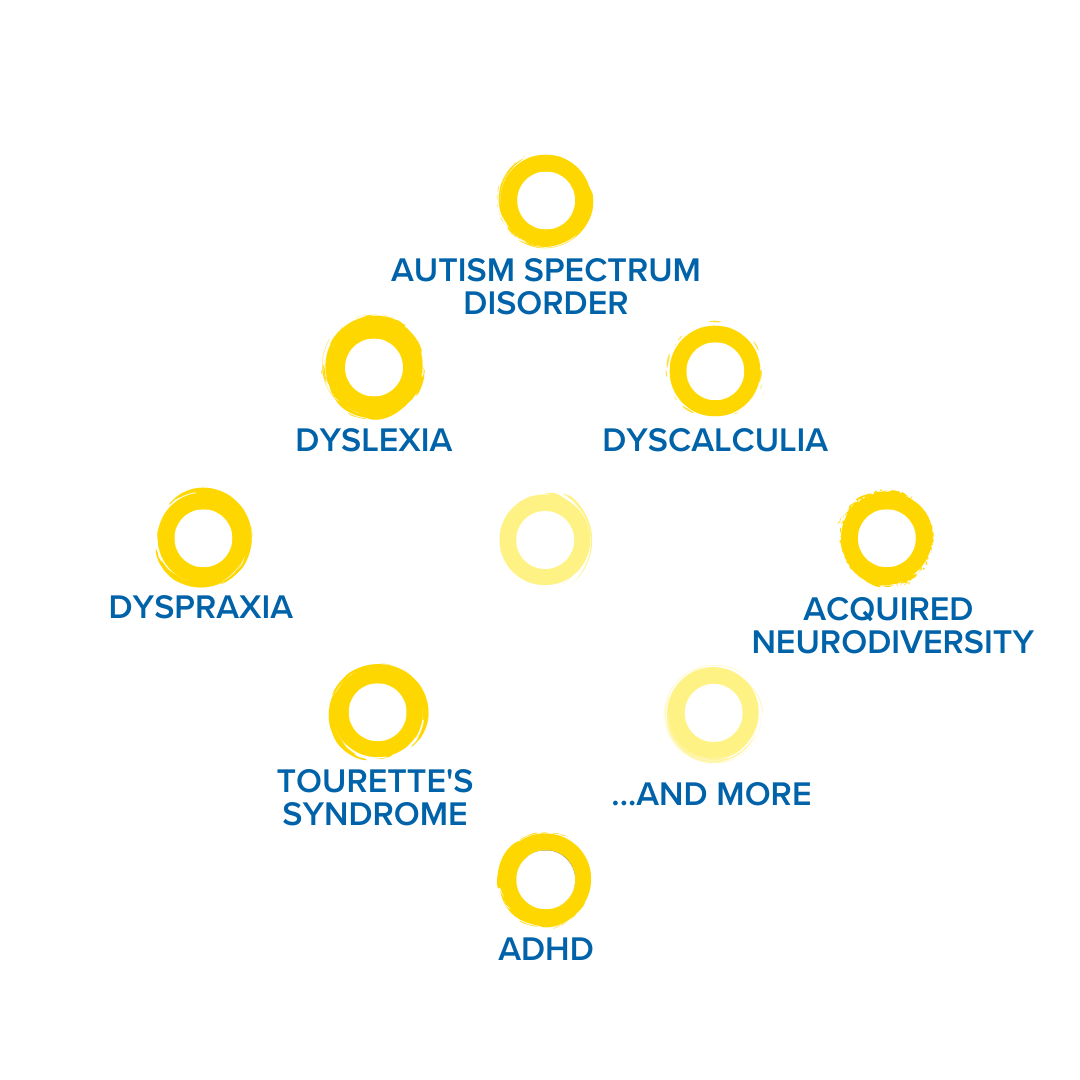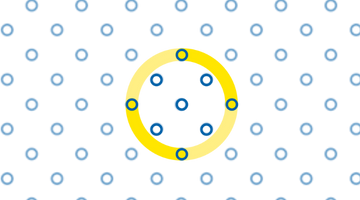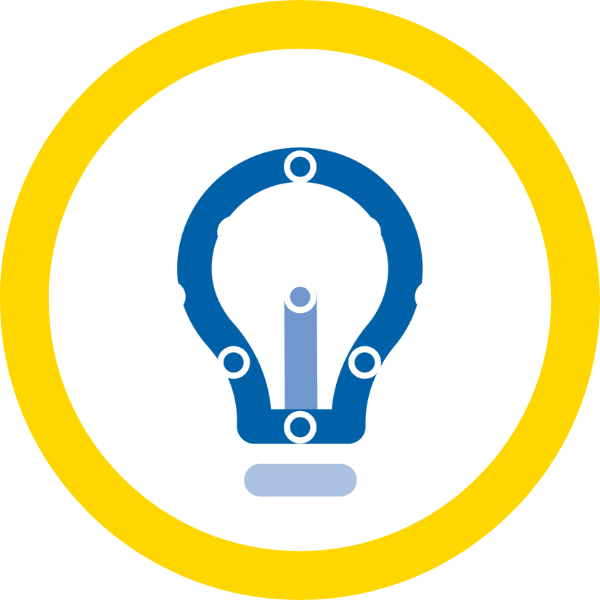Neurodiversity is an umbrella term for all the different ways that people experience, interpret and interact with the world around them.
Around 1 in 7 of us has a neurodevelopmental condition which falls under this term, such as ADHD, Autism Spectrum Disorder, Dyslexia, Dyspraxia, Dyscalculia or Tourette’s Syndrome (you can read about these different conditions below), although there are many more people who have a neurodiverse condition but haven’t been diagnosed.
There is no ‘correct’ or ‘normal’ way in which the brain functions – the differences presented by these conditions is just a normal part of human variation and diversity. Someone who doesn’t have one of these conditions is considered to be neurotypical.
So, when we talk about neurodiversity, we’re recognising and celebrating all the unique capabilities people can bring to their community, relationships, and workplace – rather than seeing differences as deficits.








